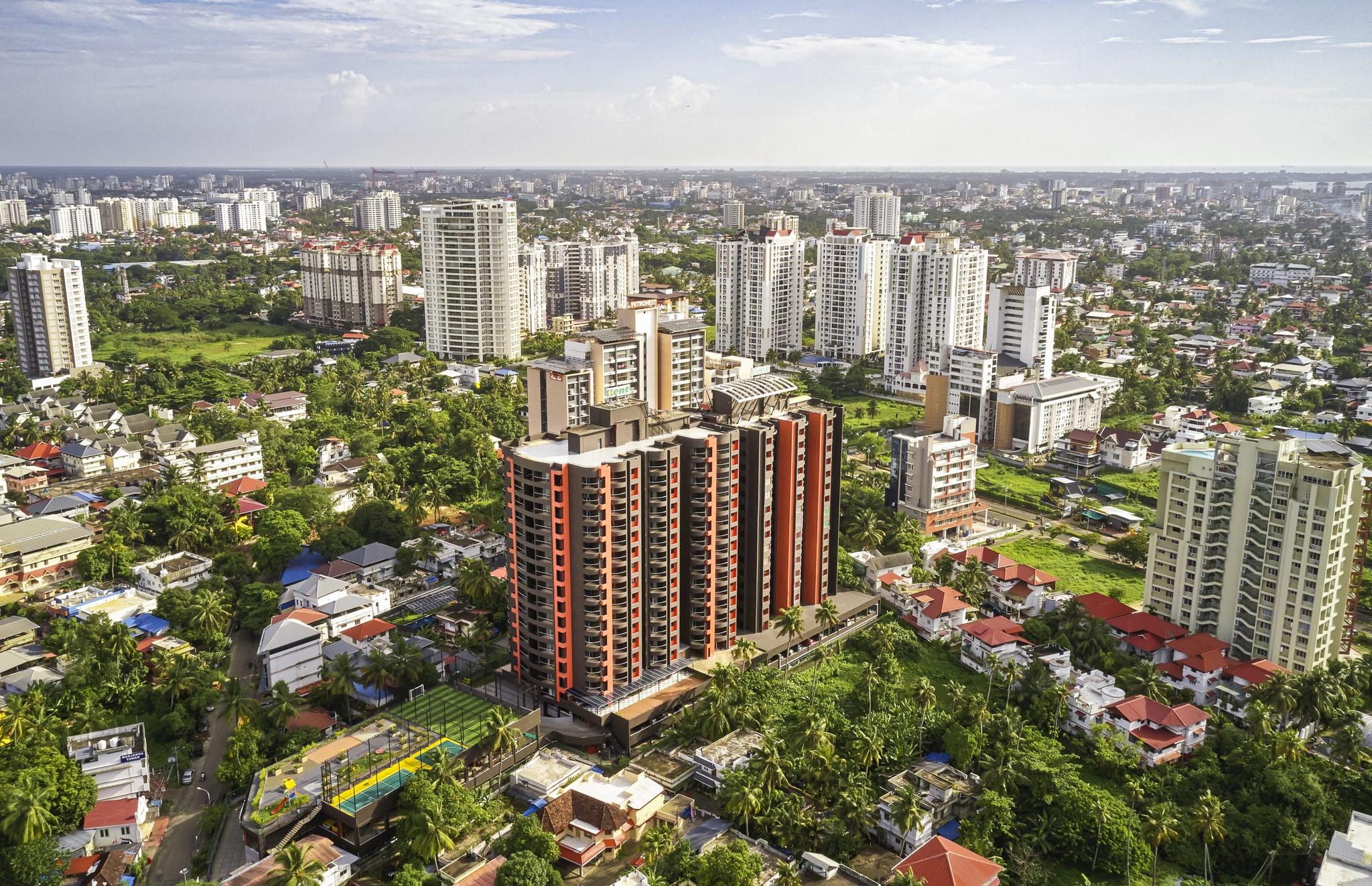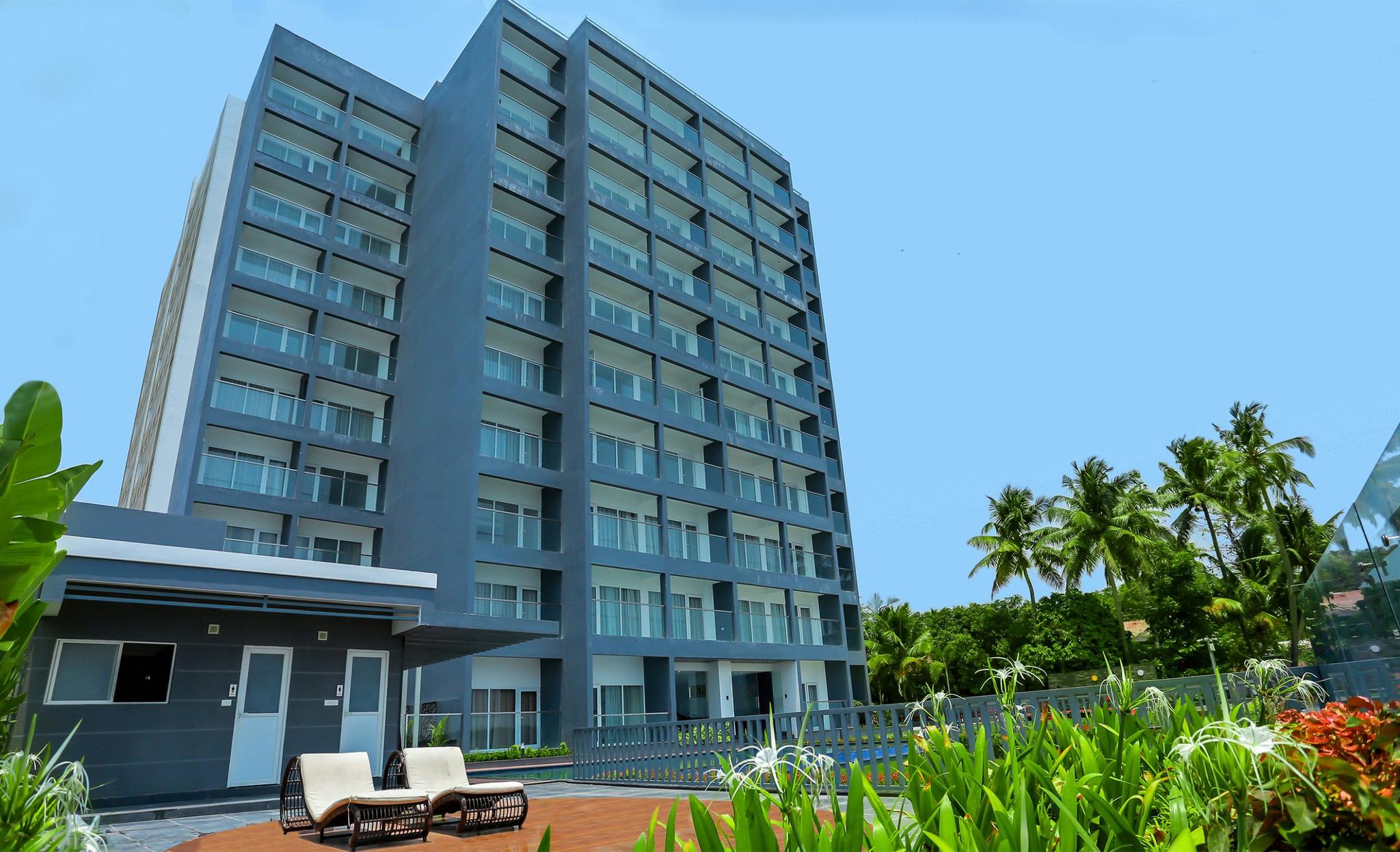
How Major Macroeconomic Trends Are Shaping Flats in Kochi
7 Min Read


As the commercial capital of Kerala, Kochi has gradually become one of the most active real estate markets in South India. Its strategic coastal location, developed infrastructure, and increasing demand for quality flats in Kochi have made it a popular choice for homebuyers and investors. Yet, beyond the visible construction cranes, promotional campaigns, and site visits, there is a more complex story influenced by powerful macroeconomic factors. These larger economic trends influence everything from home loan rates and material costs to buyer sentiment and property values. Understanding these influences is essential for both homebuyers and developers navigating the evolving housing sector in Kochi.
Interest Rate Movements and Housing Demand
One of the most immediate and visible macroeconomic factors affecting the housing sector is the interest rate set by the Reserve Bank of India (RBI). Mortgage rates are directly connected to these benchmark rates, and even minor fluctuations can greatly influence home affordability. The past few years have witnessed a rise in housing demand in Kochi, especially from first-time buyers and young professionals, largely due to low interest rates. However, when the Reserve Bank of India (RBI) raises interest rates to address inflation, banks typically raise their rates, which makes home loans costlier for consumers. This commonly causes a decline in the level of buyer participation, particularly among those in the middle-income segment.


Inflation and the Rising Cost of Construction
The impact of inflation reaches beyond household budgets; it also significantly pressures the construction industry. The rising costs of essential materials like steel, cement, and bricks have contributed to an overall increase in the expenses of developing residential projects. This financial strain is either taken on by developers, which reduces their profit margins, or transferred to buyers at higher prices. Moreover, inflation also affects labor wages and transportation expenses, further contributing to escalated project budgets
Economic Growth and Employment Trends
The overall economic landscape, especially regarding GDP growth and employment trends, directly influences the housing market. When the economy is strong, job security strengthens, disposable income rises, and consumer confidence increases; these factors collectively contribute to a rise in housing demand. With its extensive IT corridor that includes Infopark and SmartCity, Kochi has seen a continual growth in the demand for residential real estate. The relocation of professionals from different districts and states to Kochi has intensified this demand, particularly for apartments near key employment areas.


Global Economic Events and Local Implications
The housing market in Kochi is susceptible to global macroeconomic changes, including oil price fluctuations, international conflicts, and global recessions. When crude oil prices rise, transportation costs increase, impacting the entire construction supply chain. Similarly, global economic slowdowns can affect foreign investments and remittances, both of which play a crucial role in Kerala's economy. While Kochi may seem geographically insulated, its real estate sector is deeply interlinked with both national and global economic trends.
Conclusion
The housing sector in Kochi is not isolated from the broader economic landscape; it is shaped and reshaped by it. At Kent Constructions, one of the best builders in Kerala, we actively monitor these economic trends to ensure that we offer homes that are strong, value-oriented, and equipped for future demands. Whether you are a first-time buyer or an experienced investor, being aware of macroeconomic trends can help you approach the Kochi real estate market with confidence and understanding.

























































































































































